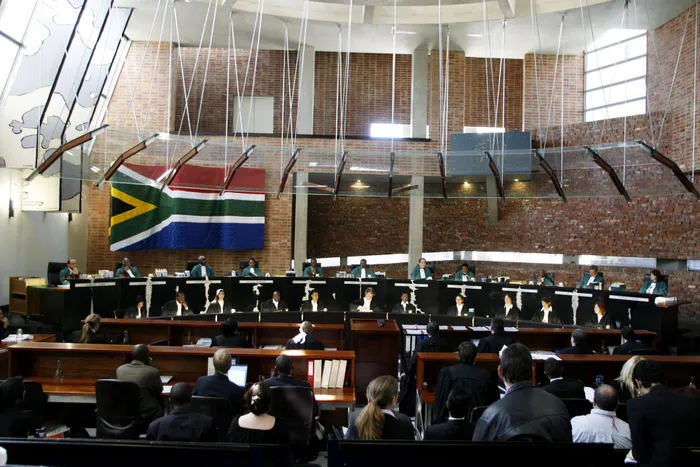Judicial Delays: The ongoing wait for the ‘Please Call Me’ Concourt verdict

The #PleaseCallMe Movement urges swift justice in landmark case involving Nkosana Makate and Vodacom
Image: IOL / Independent Media
Nearly six months after the Constitutional Court heard the landmark ‘Please Call Me’ case involving inventor Nkosana Makate and telecommunications giant Vodacom, the nation remains in suspense as the court has yet to deliver its judgment, prompting widespread concern over judicial delays in a case that spans over 25 years.
“As the #PleaseCallMe Movement, we are deeply concerned about the delays on this 'long-standing matter,” the group said.
“Justice delayed is justice denied. We believe that every individual deserves timely justice, especially after such a lengthy journey.”
According to the movement, Makate’s legal battle has seen multiple victories across South African courts.
“He has secured nine judgments in his favour, including three from the Constitutional Court—the highest court in the land. Notably, a 2016 order criticised Vodacom and its executives, highlighting unethical conduct. Despite these wins, the case remains unresolved,” read the statement.
The #PleaseCallMe Movement urged the judiciary to expedite the ruling, emphasizing that the case is about more than just compensation—it is about justice, integrity, and recognition of innovation.
The dispute centers around the value of the ‘Please Call Me’ service, which Vodacom has used for over 23 years to generate billions in revenue.
In 2019, the Supreme Court of Appeal (SCA) ordered Vodacom to pay Makate between 5% and 7.5% of the revenue generated by the service over the past 18 years.
Vodacom, owned by Vodafone, appealed the ruling to the Constitutional Court, which has yet to make a decision.
The Constitutional Court, in a recent reply to IOL, explained that the judgment is “reserved,” with no specific timeline for its release.
Dunisani Mathiba, spokesperson for the Office of the Chief Justice, remarked, “There is no set timeframe within which judgments, including those in high-profile cases, are typically issued. The duration varies based on case complexity and the judges’ deliberations.
“The judiciary operates independently, and the judges will determine when the judgment is ready.”
Legal analyst Francois Botes voiced concerns over the delays, emphasising that “Judges are expected to deliver judgments within three months after hearing a case to uphold the principle that justice delayed is justice denied.”
“The workload is overwhelming, compounded by vacancies on the bench,” Botes said.
“Short-term solutions, like appointing acting judges, are helpful but insufficient. Long-term reforms are necessary to address systemic challenges.”
Botes further emphasised the need for judicial reform, suggesting the establishment of specialised courts to handle specific cases, such as those related to road accident funds and medical negligence.
thabo.makwakwa@inl.co.za
IOL Politics
Related Topics: